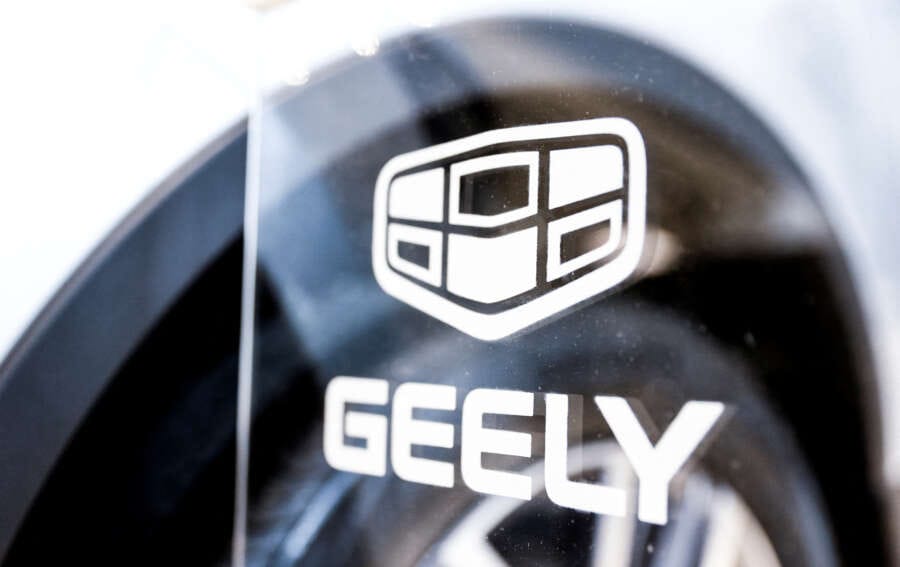
By Huw Jones
LONDON (Reuters) -International securities watchdog IOSCO unveiled on Tuesday the first global approach to regulating cryptoasset and digital markets, drawing on lessons from last year’s collapse of the FTX exchange that fuelled concerns over consumer protection.
The industry, which typically only has to comply with anti-money laundering checks, has been calling for a global approach to regulation as different jurisdictions follow their own rules.
The moves come after crypto exchange FTX began U.S. bankruptcy proceedings last November following a liquidity crisis.
It prompted intervention from regulators worldwide, who said rules were needed for crypto “conglomerates”, such as FTX, that combine many activities under one roof with few safeguards for customer assets, to stop conflicts of interest.
Tuesday’s plans represent a turning-point in tackling risks from cryptoassets such as bitcoin and ether, said Jean-Paul Servais, who chairs the International Organization of Securities Commissions (IOSCO).
“Crypto business has been allowed to grow on a flawed basis and it has to be corrected,” Servais told a press conference.
The proposed standards cover dealing with conflicts of interest, market manipulation, cross-border regulatory cooperation, custody of cryptoassets, operational risks, and treatment of retail customers.
“Recent global events have shown us why we need this work. This is about making sure crypto is safe for the market,” said Matthew Long, director of digital assets at Britain’s Financial Conduct Authority.
Haydn Jones, global lead of blockchain and crypto solutions at Kroll, said frameworks such as those of IOSCO stop criminal activity and allow everyone to benefit from the technology underlying crypto.
The 18 measures planned apply long-established safeguards from mainstream markets to eliminate conflicts of interest between the different parts of a crypto transaction.
The watchdog aims to finalise standards by year end, and expects its 130 members worldwide to use them to plug gaps in their rulebooks, so eliminating fragmented regulation and the ability of firms to play off regulators against each other.
IOSCO, an umbrella group of regulators such as the U.S. Securities and Exchange Commission, Japan’s Financial Services Agency, Britain’s Financial Conduct Authority and Germany’s BaFin, is canvassing public opinion on the regulations.
The step follows the European Union’s finalisation this month of the world’s first set of comprehensive rules, piling pressure on Britain, the United States and other countries to come up with their own norms.
Later in the summer, IOSCO will issue recommendations to regulate decentralised finance.
(Reporting by Huw Jones; Editing by Clarence Fernandez)


